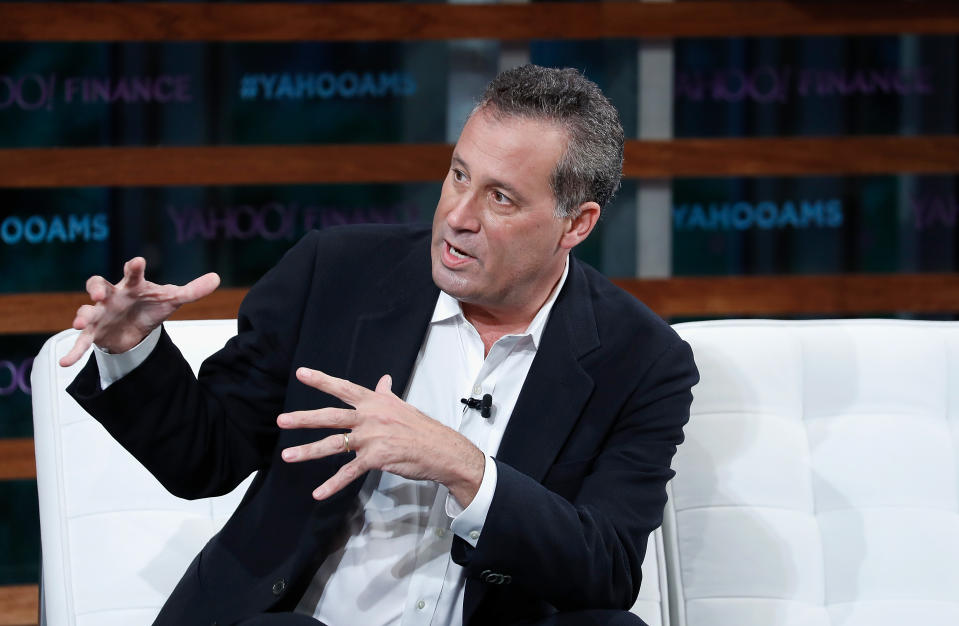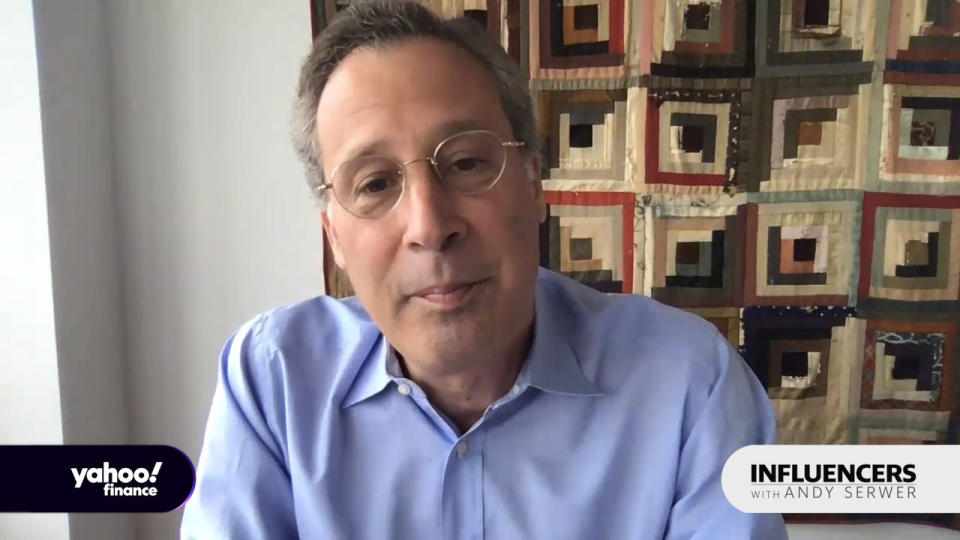The rise of online college courses could ‘exacerbate’ inequality: ex-Amherst president
The novel coronavirus has drawn scrutiny to social divisions in the U.S., where low-wage workers expose themselves to the virus while white-collar workers stay home and black and Latino Americans die at a higher rate than their white counterparts.
But the disparate impact may be especially pronounced in higher education as a shift toward digital learning could tempt less expensive or public colleges to permanently use online education as a means of cutting costs, said Tony Marx, CEO of the New York Public Library and former president of Amherst College. Meanwhile, students who can afford wealthy private colleges like Harvard will continue to receive a better in-person education.
“The Harvards of the world, well-endowed, they'll say that they'll be protected by their wealth by their supporters,” says Marx, who taught at Columbia University for over a decade prior to taking over at Amherst College.

“A tiny slice of American elite will go to those kinds of places, and the bifurcation that we see in the economy will be replicated even further than it already is in higher education,” he adds. “I worry that this experience of online is going to sort of exacerbate that.”
Marx said he worries that states will decide to permanently impose the shift to digital learning as a longterm cost-cutting measure.
“It will be very tempting, for instance, for state legislators to say this online learning seems to work very well,” he says. “Why are we paying for running a state university, a flagship, let's just go online. It's much cheaper.”
“The vast majority of folks who do go to college or attended it even virtually will be sort of left to do it virtually,” he adds. “A lot of those kids are going to have trouble or an adult's going to have trouble because they may need help and virtual doesn't work so well when you need help.”
A key revenue source for colleges is in jeopardy
The financial blow for colleges has been substantial, as institutions refund students for room and board and some of tuition, and take on new expenses of shift their courses online. The University of Michigan said on Monday that it expects losses of up to $1 billion through year-end, while The University of California, Berkeley, and the University of Wisconsin, Madison both predict losses of about $100 million.
The $2 trillion coronavirus relief package enacted by Congress last month included $30 billion for education, including about $14 billion for colleges and universities. But higher education leaders and advocacy groups quickly criticized the sum as insufficient, and warn that their financial prospects could worsen significantly if school cannot return to normal in the fall.
“It's unclear whether universities and colleges will be able to open come the fall physically,” Marx says. “There is a key revenue source is the tuition that students pay, that could be in jeopardy.

“It may be that it'll be online and then students may say, I think I'll take a year off rather than spending $50,000 to do online,” he adds. “I'll wait till it comes back to a semblance of normal.”
“So that’s another hit,” he says.
Marx made the remarks during a conversation that aired in an episode of Yahoo Finance’s “Influencers with Andy Serwer,” a weekly interview series with leaders in business, politics, and entertainment.
In 2011, Marx took over as the CEO of the New York Public Library. Before that, he served as the president of Amherst College and a professor of political science at Columbia University.
The coronavirus has shown that online education remains inaccessible for low-income Americans who lack internet access, laptops, or other digital learning devices, Marx said.
“Under these circumstances, we see just how tragic the digital divide is in this country.”
“I mean, [people] literally cut off from doing any of the things that people need to be able to do.”
Read more:
‘We may need to quarantine our books' when libraries reopen, New York Public Library CEO says
Connecticut Gov. calls on Trump to impose nationwide shelter-in-place order
Tech giants like Facebook and Amazon should be ‘very mindful of the public trust’: Meg Whitman
Read the latest financial and business news from Yahoo Finance

 Yahoo Finance
Yahoo Finance 
